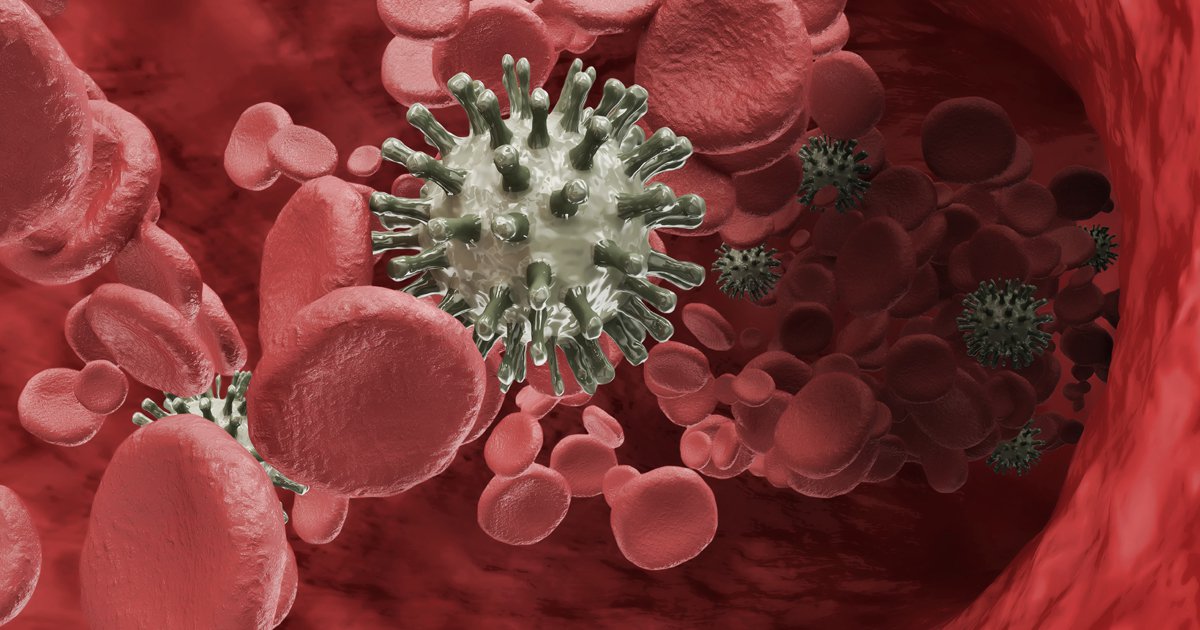Asthma is a chronic respiratory condition that affects millions of people worldwide. While there are various treatment options available, nebulizers have become increasingly popular in the management of asthma. Nebulizers are medical devices that convert medication into a fine mist that can be inhaled directly into the lungs. This method of delivery can be particularly beneficial for individuals who have difficulty using traditional inhalers, such as young children or the elderly.
In this post, we will be discussing the top 5 uses of nebulizers in the treatment of asthma. From delivering medication to the lungs to managing acute asthma attacks, nebulizers can play a critical role in the management of this condition. By understanding the benefits of nebulizers, individuals with asthma and their caregivers can make informed decisions about their treatment options.
Whether you are new to using nebulizers or are looking for more information on how they can be used in the management of asthma, this post will provide valuable insights and practical tips. So, sit back, relax, and let's dive into the top 5 uses of nebulizers in the treatment of asthma.
1, Delivering Medications.
Delivering medications is one of the most common uses of nebulizers in the treatment of asthma. Nebulizers are medical devices that convert liquid medication into a fine mist, which is then inhaled directly into the lungs. This can be particularly helpful for individuals who have difficulty using traditional inhalers, which require coordination between breathing and pressing the inhaler.
When a person inhales the medication mist from a nebulizer, it is able to reach the small airways deep in the lungs, where it can be more effective in treating the symptoms of asthma. Nebulizers can be used to deliver a variety of medications, including bronchodilators, which relax the muscles in the airways, and corticosteroids, which reduce inflammation in the airways.
One of the advantages of nebulizers is that they are easy to use and require minimal coordination between the patient's breathing and medication administration. This makes them a good option for young children, elderly individuals, or anyone with mobility issues or dexterity problems.
It's important to note that nebulizers should only be used as directed by a healthcare provider. The type of medication, dosage, and frequency of use will vary depending on the individual's asthma severity and overall health. Additionally, proper cleaning and maintenance of the nebulizer device is crucial to ensure its effectiveness and safety.
In summary, delivering medication directly to the lungs using a nebulizer can be a highly effective way to manage the symptoms of asthma. It's important to work with a healthcare provider to determine the best treatment plan for your individual needs, and to follow all instructions for proper use and maintenance of the nebulizer device.
2, Bronchodilation.
Bronchodilators are medications that work by relaxing the muscles in the airways, which can help to open them up and make it easier to breathe. Nebulizers are an effective way to deliver bronchodilators directly to the lungs, where they can quickly and effectively target the affected areas.
Albuterol and levalbuterol are two examples of bronchodilators commonly used in the treatment of asthma. These medications work by binding to specific receptors in the airways, which causes the muscles to relax and the airways to widen. By delivering bronchodilators via a nebulizer, individuals with asthma can experience rapid relief from symptoms such as wheezing, coughing, and shortness of breath.
It's important to note that bronchodilators are not a cure for asthma, but rather a way to manage the symptoms. They should be used as directed by a healthcare provider, and in combination with other medications and therapies as needed. In addition, overuse of bronchodilators can lead to side effects such as tremors, nervousness, and an increased heart rate, so it's important to use them only as directed.
In summary, nebulizers are an effective way to deliver bronchodilators to the lungs, which can help to open up the airways and make it easier to breathe. If you have asthma, be sure to work with your healthcare provider to determine the best treatment plan for your individual needs.
3, Management of Acute Asthma Attacks.
Nebulizers are a common tool used in emergency situations to manage acute asthma attacks. Acute asthma attacks can be serious and potentially life-threatening, so it's important to have a plan in place for managing them.
When an acute asthma attack occurs, the airways become inflamed and narrow, making it difficult to breathe. Nebulizers can deliver medication directly to the lungs, which can help to quickly relieve symptoms and open up the airways. Short-acting bronchodilators such as albuterol are often used in these situations, as they can work quickly to relax the muscles in the airways and improve breathing.
It's important to note that while nebulizers can be effective in managing acute asthma attacks, they should not be relied upon as the sole form of treatment. Individuals with asthma should work with their healthcare provider to develop an asthma action plan, which may include medications such as inhaled corticosteroids and long-acting bronchodilators, as well as lifestyle changes such as avoiding triggers and maintaining good overall health.
In summary, nebulizers can be a valuable tool in managing acute asthma attacks, as they can quickly deliver medication directly to the lungs and help to relieve symptoms such as wheezing, coughing, and shortness of breath. However, it's important to have a comprehensive treatment plan in place for managing asthma, and to work closely with a healthcare provider to determine the best course of action for your individual needs.
4, Improved Medication Absorption.
For some individuals, using a nebulizer can improve the absorption of medication into the lungs. This is especially helpful for individuals who have difficulty using traditional inhalers, such as young children or individuals with physical limitations, as nebulizers are typically easier to use and require less coordination.
In addition, nebulizers can be used to deliver higher doses of medication than traditional inhalers. This can be particularly important for individuals with severe asthma or other respiratory conditions that require high doses of medication to effectively manage symptoms.
Nebulizers work by converting medication into a fine mist that can be inhaled directly into the lungs. This can help to ensure that the medication reaches the affected areas of the lungs, where it can be most effective in managing symptoms.
It's important to note that while nebulizers can be effective in improving medication absorption, they may not be necessary for all individuals with asthma or other respiratory conditions. Healthcare providers will typically evaluate each individual's needs and make recommendations accordingly.
In summary, nebulizers can be an effective tool in improving medication absorption in individuals with respiratory conditions. By converting medication into a fine mist that can be inhaled directly into the lungs, nebulizers can help to ensure that medication reaches the affected areas of the lungs and is most effective in managing symptoms. If you have asthma or another respiratory condition, be sure to work with your healthcare provider to determine if a nebulizer is right for you.
5, Reducing Hospitalizations.
Incorporating the use of a nebulizer into an asthma management plan can be an effective way to reduce the number of hospitalizations due to asthma exacerbations.
Asthma exacerbations, or flare-ups, can be serious and require prompt medical attention to prevent hospitalization. Nebulizers can be a valuable tool in managing these exacerbations, as they can quickly deliver medication directly to the lungs and help to relieve symptoms such as wheezing, coughing, and shortness of breath.
By incorporating a nebulizer into an asthma management plan, individuals can potentially prevent the need for more aggressive interventions, such as hospitalization. In addition, the use of a nebulizer may help to reduce the frequency and severity of asthma exacerbations, ultimately improving overall asthma control and quality of life.
It's important to note that nebulizers should be used as part of a comprehensive asthma management plan, which may also include medications such as inhaled corticosteroids and long-acting bronchodilators, as well as lifestyle changes such as avoiding triggers and maintaining good overall health.
In summary, incorporating the use of a nebulizer into an asthma management plan can be an effective way to reduce the number of hospitalizations due to asthma exacerbations. By delivering medication directly to the lungs, nebulizers can provide more effective treatment and help prevent the need for more aggressive interventions, ultimately improving overall asthma control and quality of life. If you have asthma, be sure to work with your healthcare provider to determine if a nebulizer is right for you.
In conclusion, nebulizers are an effective treatment option for individuals with asthma. By delivering medication directly to the lungs, they can help manage symptoms and prevent the need for more aggressive interventions, such as hospitalization. Whether used for delivering medication, bronchodilation, managing acute asthma attacks, improving medication absorption, or reducing hospitalizations, nebulizers can play a critical role in the management of asthma.
We hope that this post has provided you with a better understanding of the top 5 uses of nebulizers in the treatment of asthma. If you or a loved one has asthma, be sure to speak with your healthcare provider to determine if a nebulizer is right for you. With proper management, individuals with asthma can lead healthy, active lives. Thank you for watching, and don't forget to like and subscribe for more health-related content.
In this post, we'll be exploring the benefits of using nebulizers in the treatment of asthma. Nebulizers are commonly used to deliver medication directly to the lungs, making them an effective tool in managing asthma symptoms. We'll be discussing the top 5 benefits of nebulizers, including bronchodilation, management of acute asthma attacks, improved medication absorption, and reducing hospitalizations. We'll also discuss how incorporating a nebulizer into an asthma management plan can help improve overall asthma control and quality of life.




Comments
Post a Comment